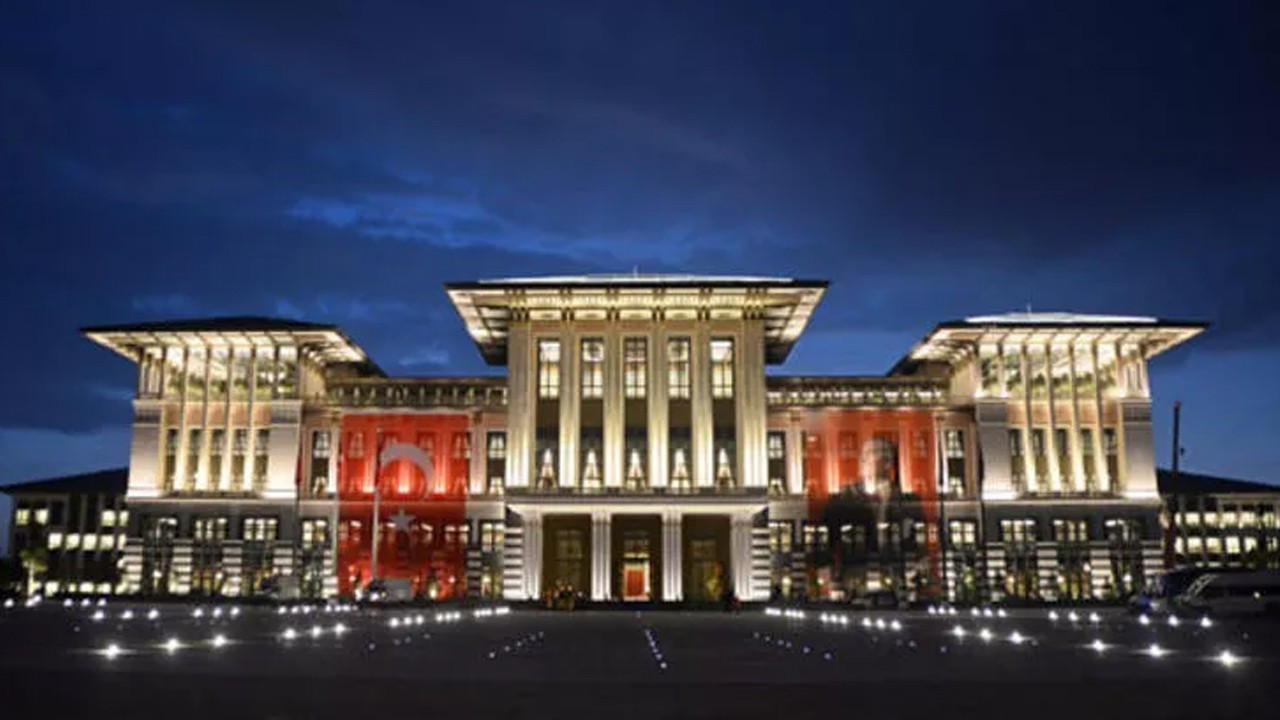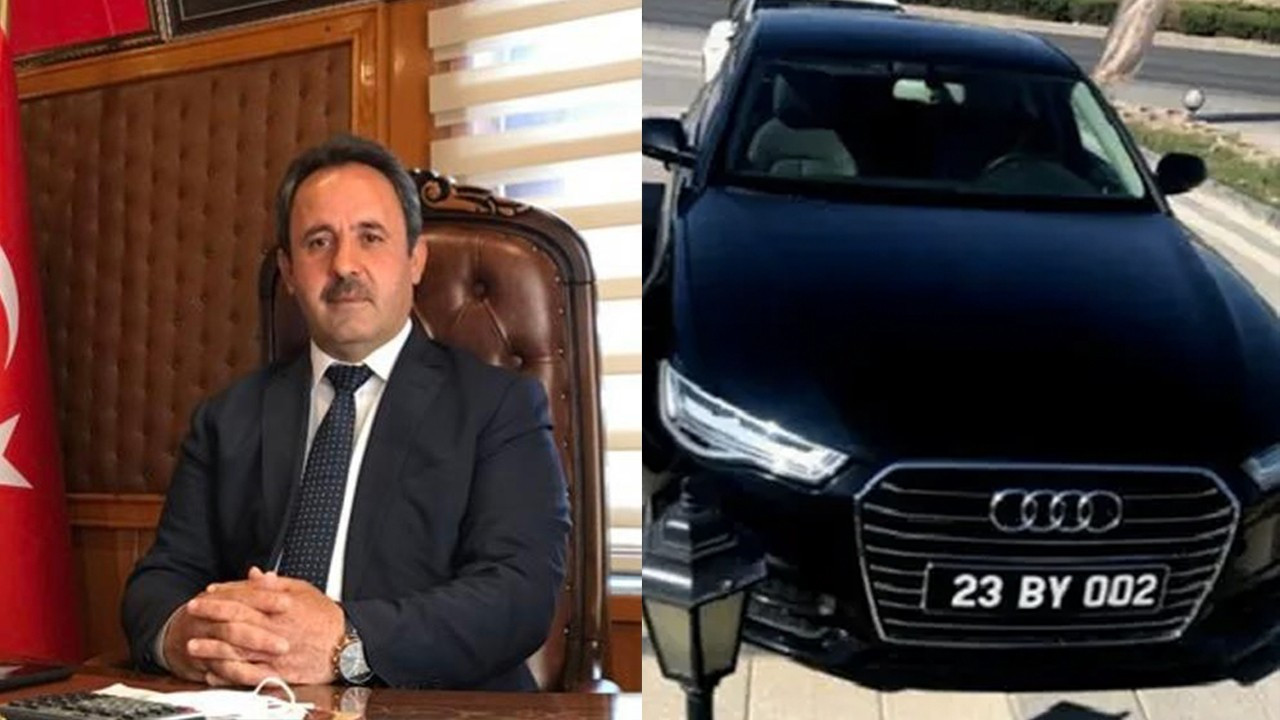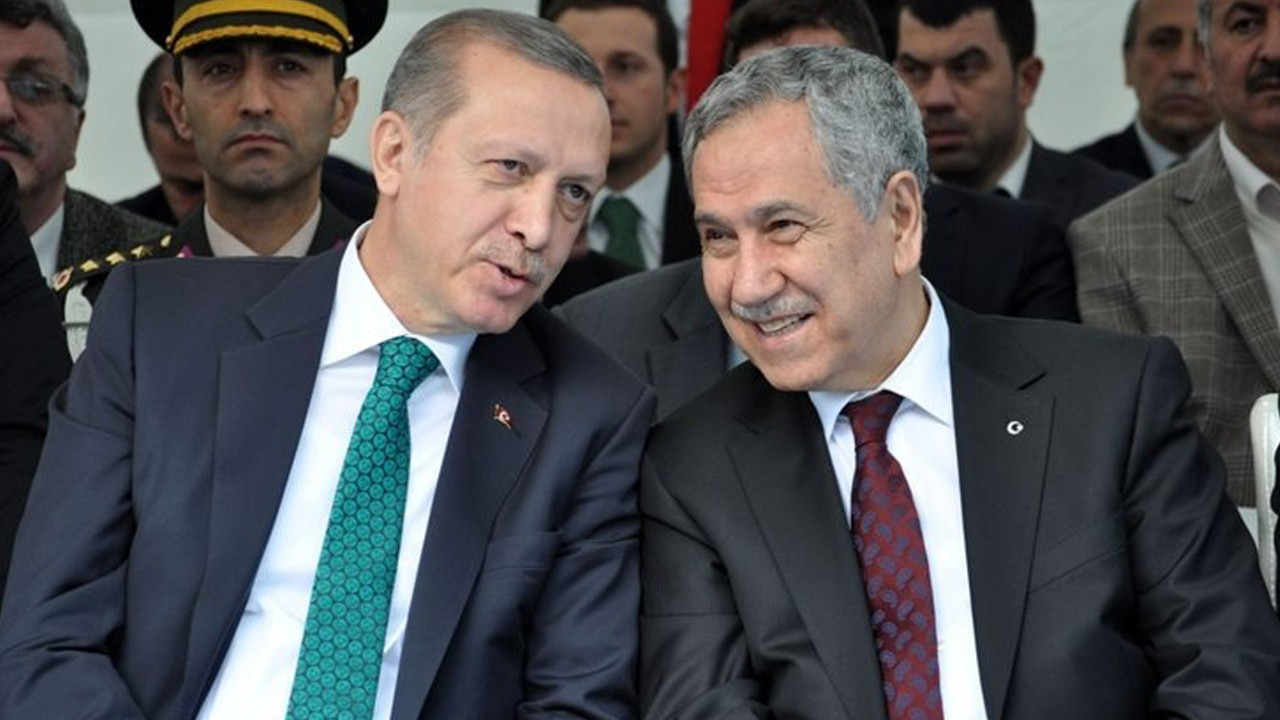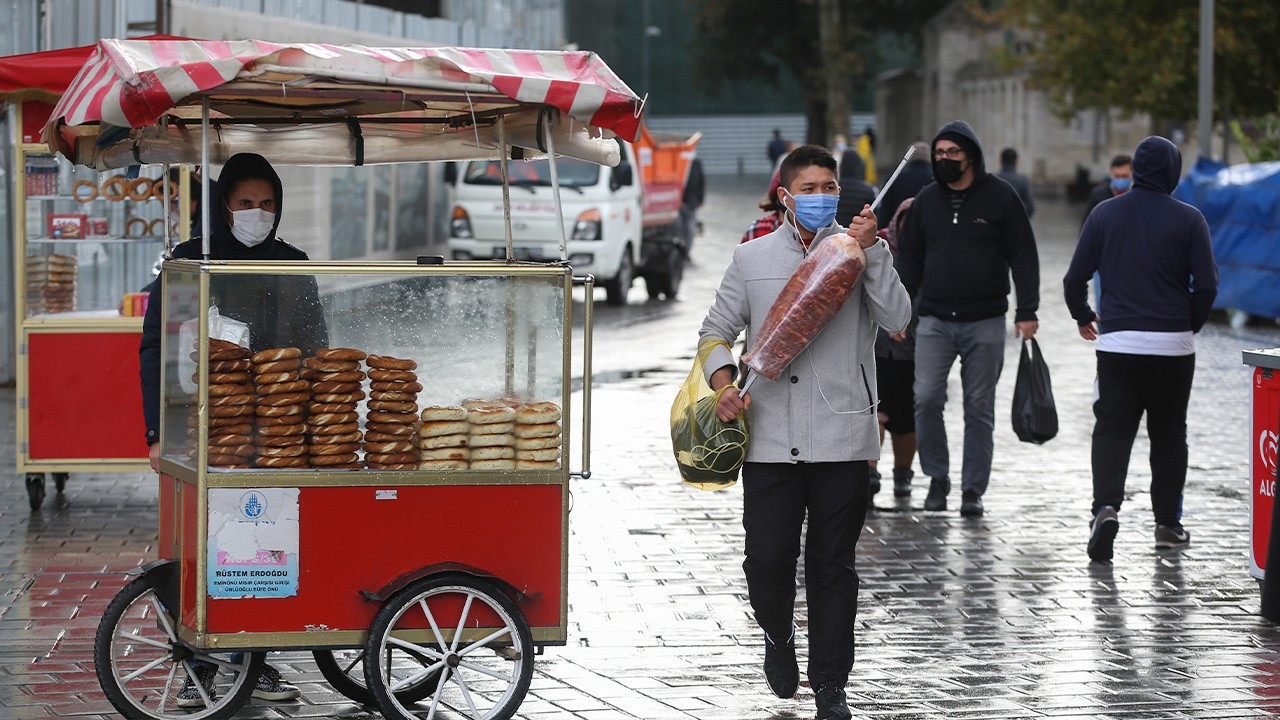Turkish ministries awash in luxury items, massive budgets, finds audit report
This week, it was revealed that the Turkish Presidential Palace spends nearly 8 million liras daily in operating costs. Now, national budgets show the Palace isn’t alone - various government ministries have spent billions this year on items from fleets of luxury cars to high-tech products.
Duvar English
The Turkish economy is at a breaking point - the Lira is at an all-time high against the dollar, and inflation, rent, and food prices are all skyrocketing. Despite that, Turkish government ministries have spent billions on luxury items such as vehicle fleets and technology this year, daily Evrensel reported on Sept. 29.
As government officials talk of austerity measures, a report from the Turkish Court of Accounts (TCA) shows government bodies from the Ministry of Transportation and Infrastructure to the State Hydraulic Works have spent their budgets on laptops, phones, and the rental and purchase of luxury vehicles.
In recent months, as the Turkish economy has floundered, government officials have spoken of national austerity measures - President Recep Tayyip Erdoğan's wife, Emine Erdoğan, famously told people in Turkey to decrease their portion sizes. However, in the face of economic catastrophe, the government has maintained spending at unprecedented rates.
The Presidential Palace spends over 7.9 million Liras daily in operating costs, daily Birgün reported on Sept. 28, citing a TCA report. President Erdoğan personally signed off on nearly 3 billion Turkish Liras in expenses in 2020.
The palace was not alone, newly released budgets show. The Ministry of Transportation and Infrastructure was notable in its spending. By adding an “other” category to a construction and goods procurement tender last year, the Ministry purchased 70 vehicles and eight minibusses (ten of the vehicles were luxury), 220 computers, 150 laptops, 160 tablets, 230 mobile phones, and 22 televisions.
The Ministry claimed that the vehicles were only used “within the scope of the relevant business.” However, details from the TCA report counter this claim: for a construction project in southeastern Turkey that would require a team of five people, the Ministry requested 20 cars (five of which were luxury), 90 desktop computers, 50 laptops, 60 tablets, and 70 mobile phones.
The Transport Ministry was not alone: Regional State Hydraulics works directorates, under the Ministry of Environment and Forestry, around the country rented dozens of large, luxury vehicles at sky-high prices via private tender.
Private tenders, it is worth noting, are often handed to the allies of the ruling Justice and Development Party (AKP). Some 34 luxury transport vehicles were rented for hydraulics offices around the country in 2020, outside of the scope of allowed vehicles for government offices. In Ankara alone, six of these vehicles were rented. Officials claimed the prices were high due to high insurance costs.
The National Palaces Administration, a subset of the office of the Presidency, also exceeded its allocated vehicle limit established by Turkish law. According to savings measures issued by the office of the Prime Minister (then President Erdoğan) in 2007, the number of vehicles for a ministry with up to 2,500 employees should be no more than 25. The National Palaces Administration, with 1,340 employees, has a total of 39 vehicles, 10 of which are passenger vehicles, and one of which is a luxury Jeep.
The government’s financial indiscretions were not just in quantity - the Ministry of the Interior, led by Süleyman Soylu, directly rented luxury vehicles rather than acquiring them through government tender and without authorization. Further, the Central Bank in 2020 authorized the acquisition of 39 foreign cars, mostly Audi models, to be used by Bank personnel 24 hours a day, 7 days a week. This is in direct violation of Turkish law, including the Turkish Vehicle Law and the council of ministers' decisions on the matter.

 Turkish Presidency's medical spending increased 10-fold during pandemicEconomy
Turkish Presidency's medical spending increased 10-fold during pandemicEconomy AKP mayor belittles Turkish cars in attempt to justify municipality's purchase of 600,000-lira AudiDomestic
AKP mayor belittles Turkish cars in attempt to justify municipality's purchase of 600,000-lira AudiDomestic AKP heavyweight warns gov't on its course: Even the pious will turn their backsPolitics
AKP heavyweight warns gov't on its course: Even the pious will turn their backsPolitics Hunger line, poverty threshold for family of four spike in Turkey in NovemberEconomy
Hunger line, poverty threshold for family of four spike in Turkey in NovemberEconomy